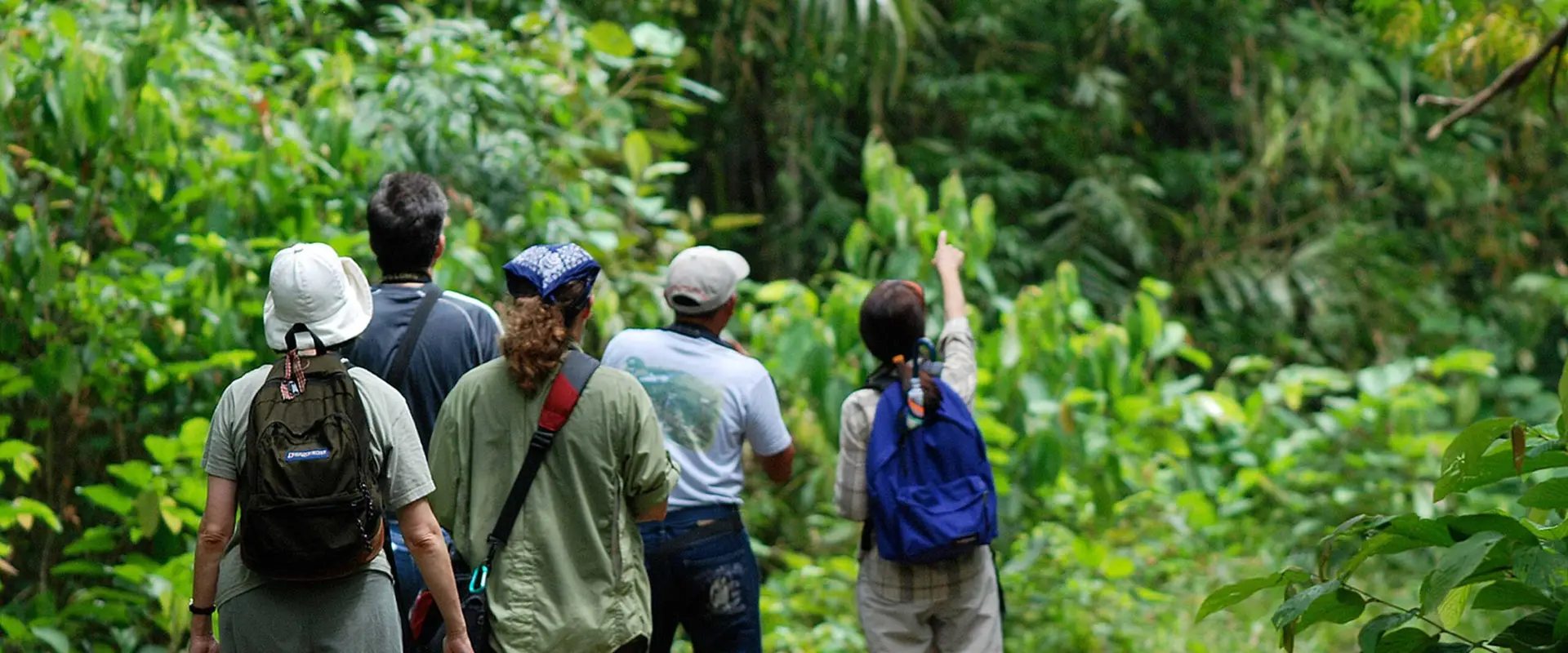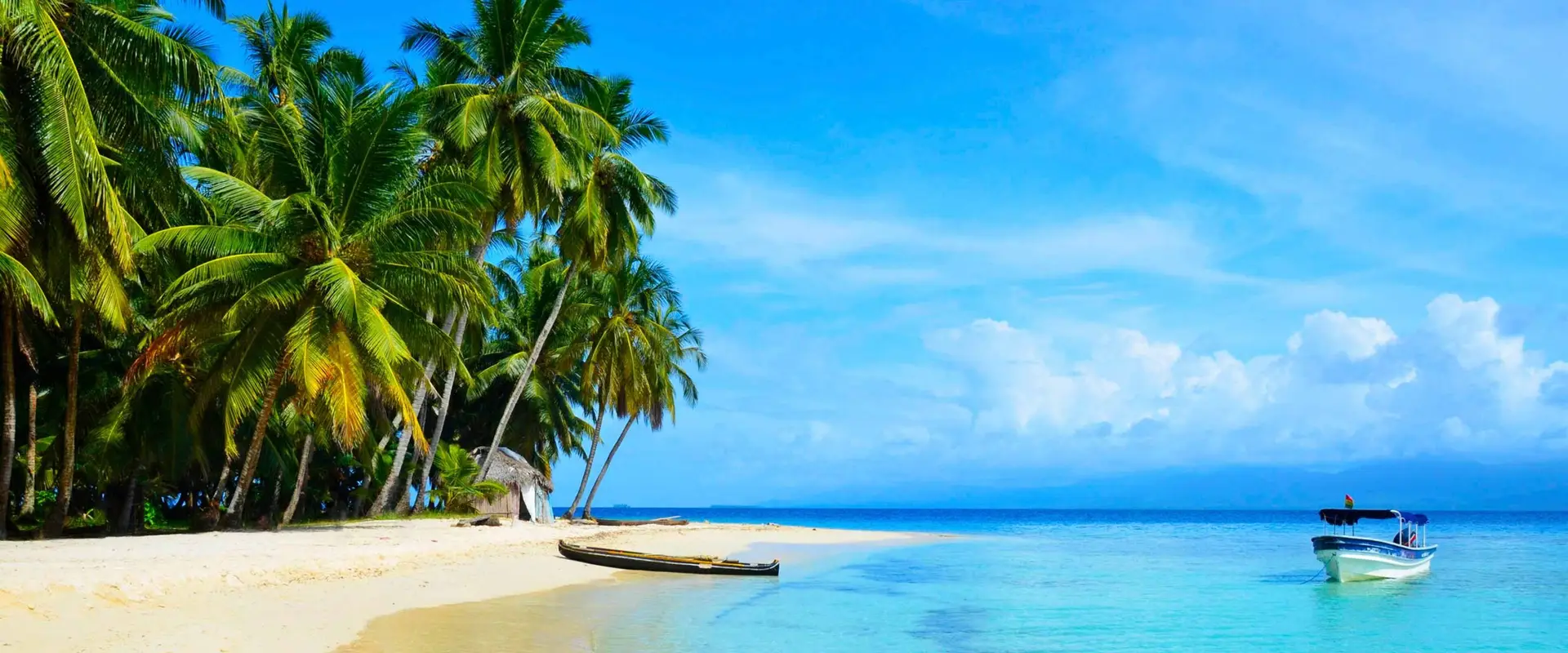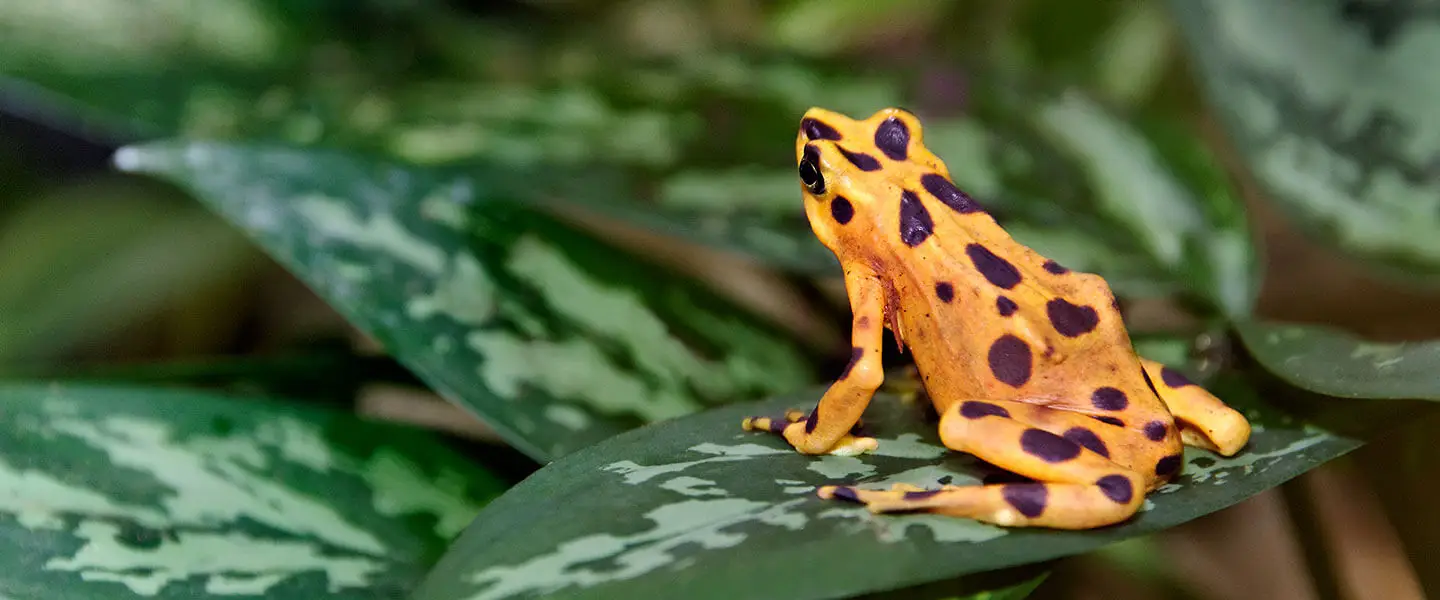PANAMA
Panama
A biological bridge between North and South America, Panama boasts some of the most diverse and exotic wildlife on the planet. Over half of the country’s land area is covered in lush vegetation, including rainforests, mangrove wetlands, and mountain cloud forests. These tropical habitats house over 10,000 plant species and provide a haven for more than 1,500 different types of animals, including jaguars, mantled howler monkeys, poison dart frogs, and the largest number of unique bird species in Central America.
The Challenges

Deforestation
For decades, Panama’s rainforests have been haunted by deforestation, brought on by logging, agricultural land-clearing, mining, and other environmentally destructive land uses. Over the last 20 years, approximately 540,000 hectares of Panama’s forest cover has been lost and it is estimated that deforestation continues to claim nearly 20,000 hectares each year. This degradation of Panama’s native forests not only harms local wildlife and contributes to global climate change, but it also threatens Panama’s indigenous tribes who have relied on the land for their food, homes, and livelihoods for centuries.


Rural and Indigenous Poverty
Due to the limited income-generating opportunities in the more rural regions of Panama, poverty within indigenous territories, or ‘comarcas,’ remains disproportionately high. While the country’s economy has experienced tremendous growth in recent years, the resulting benefits have not extended far beyond the urban areas around the canal. In the ‘comarcas, poverty remains above 70% and accessing basic services such as water, healthcare, and sanitation is a major challenge.
Explore Our Projects in Panama
Protect the Places You Love
Help conserve our planet’s most vulnerable destinations and empower the people who live there. Join the movement today.
Related Work
Forests
Learn more about the steps we’re taking to protect our planet’s forest ecosystems.
People & Culture
Learn more about how we’re working to protect livelihoods and improve the well-being of people in other places around the globe.



